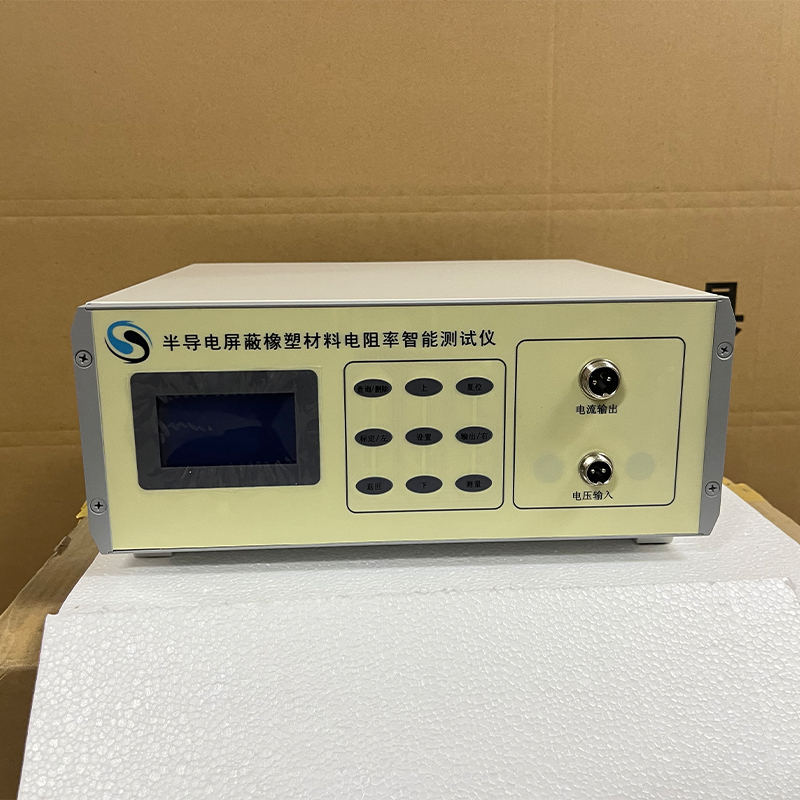fabric tensile strength tester manufacturer
Understanding Fabric Tensile Strength Tester Manufacturers
In the textile industry, the qualities of fabrics determine their usability and performance across various applications. One critical property is tensile strength, which measures the resistance of a material to breaking under tension. As such, fabric tensile strength testers play an essential role in evaluating this essential characteristic. This article explores the importance of fabric tensile strength testers, their key features, and what to consider when selecting a manufacturer.
The Importance of Fabric Tensile Strength Testing
Fabric tensile strength testing is vital for several reasons. Firstly, it ensures product quality. By conducting tensile tests on fabrics, manufacturers can guarantee that their products meet the required standards for strength and durability. This is crucial in sectors such as apparel, automotive, and upholstery, where fabric failure can lead to hazardous situations or significant financial losses.
Secondly, testing contributes to compliance with international standards and regulations. Many industries have specific requirements for material performance, and having reliable test results can help companies achieve certification and maintain market competitiveness. For example, organizations like ASTM (American Society for Testing and Materials) and ISO (International Organization for Standardization) establish benchmarks for tensile strength, and manufacturers must adhere to these standards to enhance their credibility.
Lastly, fabric tensile strength testing aids in research and development. Manufacturers can optimize their fabric formulations by understanding how different materials respond to stress and strain. This capability can lead to innovations in fabric technology, resulting in stronger, lighter, and more flexible materials that enhance product performance.
Key Features of Fabric Tensile Strength Testers
When considering fabric tensile strength testers, several features should be taken into account
1. Testing Capacity The machine's capacity to handle different fabric weights and types is crucial. Some fabrics require specific testing conditions, so a versatile tester can accommodate various samples.
2. Precision and Accuracy Accurate measurements are vital for reliable test results. High-quality testers should have precise load cells and measurement systems to ensure that the readings reflect true fabric performance.
3. User-Friendly Interface and Software Modern testers often come equipped with digital interfaces and data analysis software that simplify the testing process. A user-friendly system reduces the learning curve and enhances productivity by allowing users to quickly interpret results and generate reports.
fabric tensile strength tester manufacturer

4. Durability and Maintenance The materials used in constructing the tester should withstand frequent use without compromising performance. Additionally, manufacturers should offer support and guidance on maintenance practices to prolong the machine’s lifespan.
5. Compliance with Standards It’s essential to choose a manufacturer whose testers comply with relevant testing standards. This ensures that the results obtained are valid and accepted across various industries.
Choosing a Reliable Manufacturer
Selecting the right manufacturer for fabric tensile strength testers can significantly impact the quality of testing and the machines' longevity. Here are some considerations when evaluating manufacturers
1. Industry Experience Look for companies with a strong track record in the textile testing equipment industry. Their experience often correlates with expertise and product reliability.
2. Customer Reviews and Testimonials Feedback from other customers can provide insight into the manufacturer’s reputation and the effectiveness of their products. Look for reviews that highlight customer support, product performance, and user satisfaction.
3. After-Sales Support Excellent after-sales service is vital in ensuring that the equipment operates smoothly. A manufacturer that offers training, technical support, and easy access to spare parts can save time and reduce operational downtime.
4. Certification and Quality Assurance Verify that the manufacturer’s products are certified by relevant quality assurance organizations. This provides an added layer of confidence in the machine’s performance and reliability.
5. Customization Options Some manufacturers offer customization to tailor the machines to specific testing requirements or industry needs. This flexibility can be advantageous for companies with unique testing scenarios.
Conclusion
Fabric tensile strength testers are indispensable tools in the textile industry, essential for ensuring product quality, compliance, and innovation. By understanding the critical features of these machines and selecting a reliable manufacturer, companies can enhance their testing capabilities, ultimately leading to superior fabric performance. Investing in quality testing equipment is not just about meeting standards; it’s about positioning a brand for success in a competitive marketplace.
-
The Role of Tensile Force Testers in Quality Control and Material Science
NewsAug.01,2025
-
Maintenance and Safety Tips for Aging Ovens
NewsAug.01,2025
-
Density Balance in Forensic Science
NewsAug.01,2025
-
Advanced Optical Measurement Technologies
NewsAug.01,2025
-
A Buyer’s Guide to Tensile Test Machines
NewsAug.01,2025
-
Why the Conductor Resistance Constant Temperature Measurement Machine Redefines Precision
NewsJun.20,2025
 Copyright © 2025 Hebei Fangyuan Instrument & Equipment Co.,Ltd. All Rights Reserved. Sitemap | Privacy Policy
Copyright © 2025 Hebei Fangyuan Instrument & Equipment Co.,Ltd. All Rights Reserved. Sitemap | Privacy Policy
